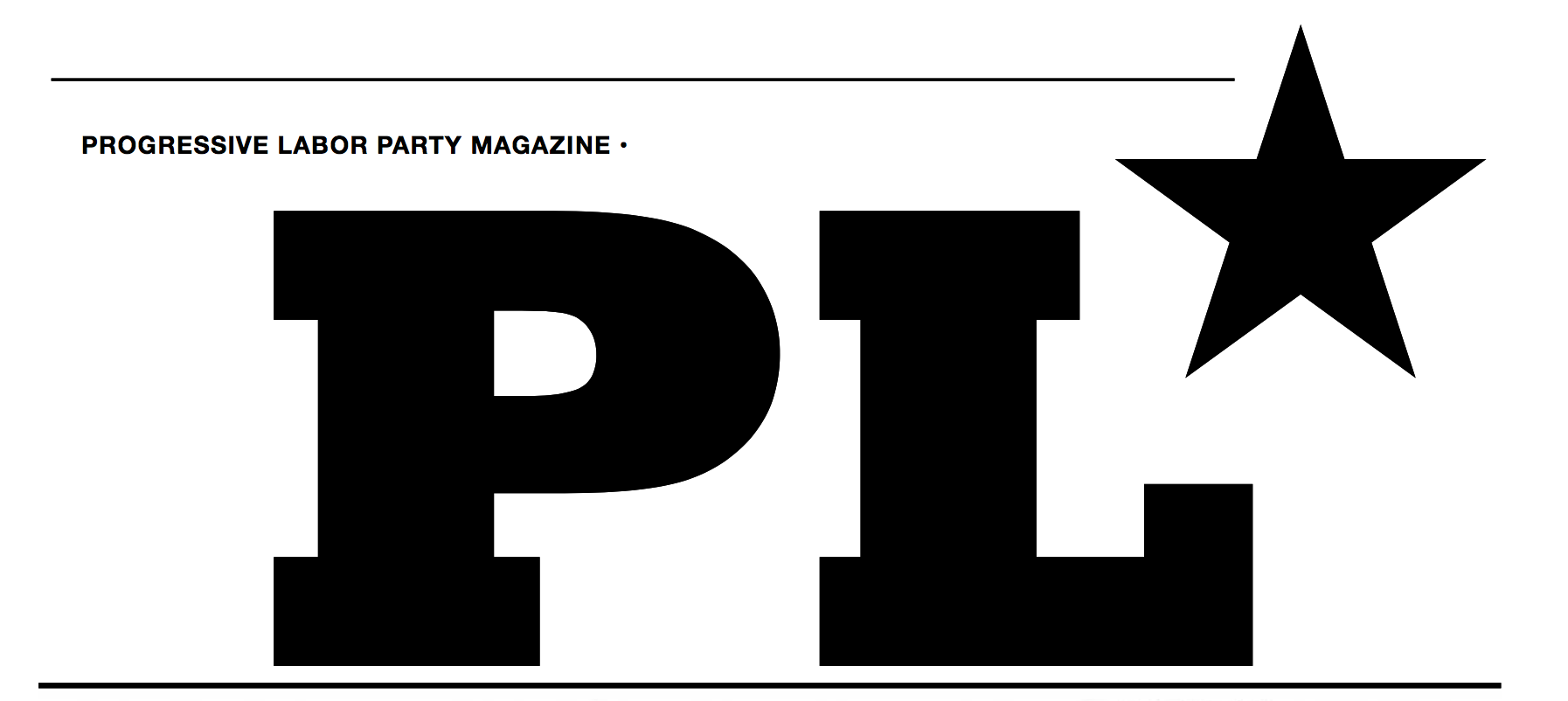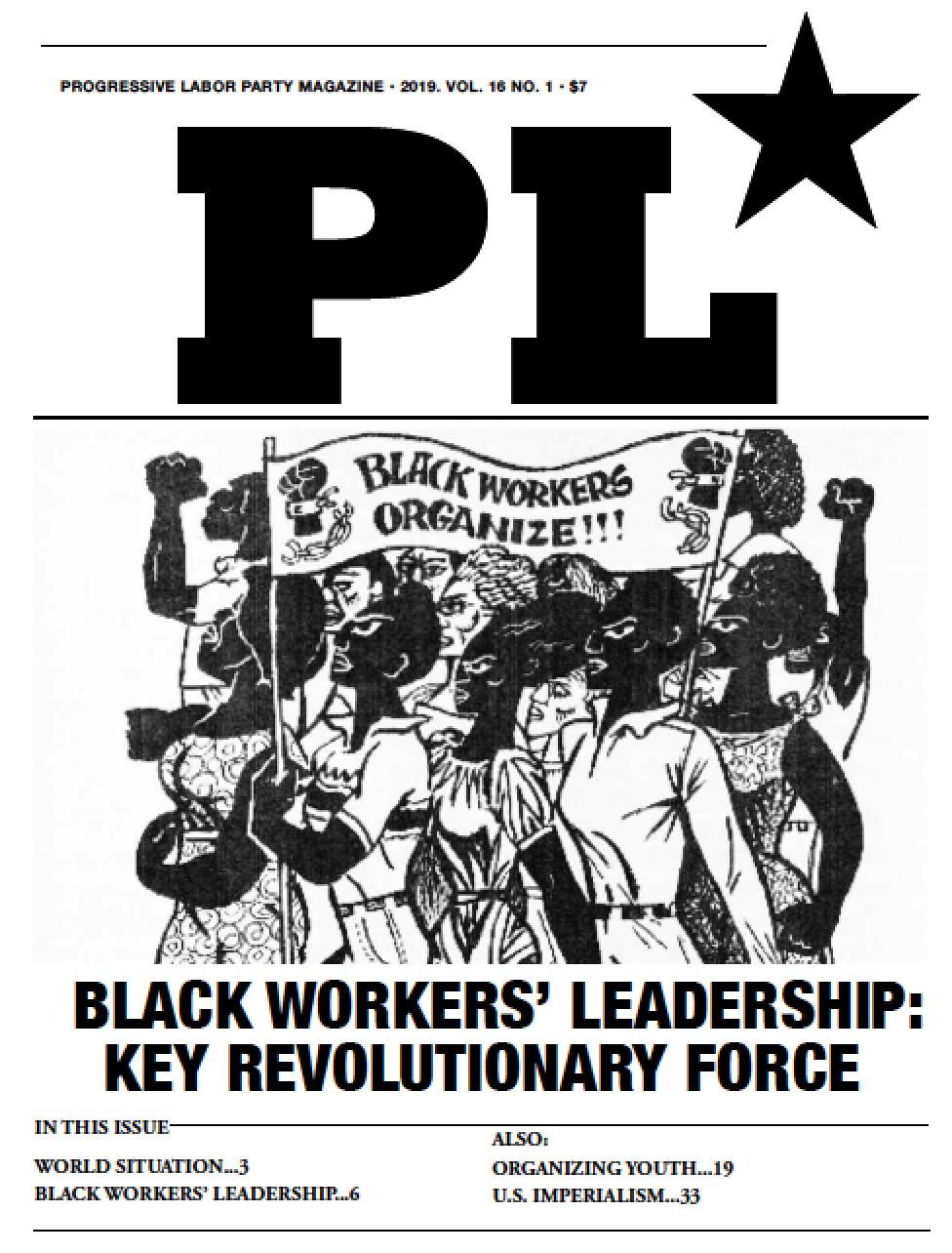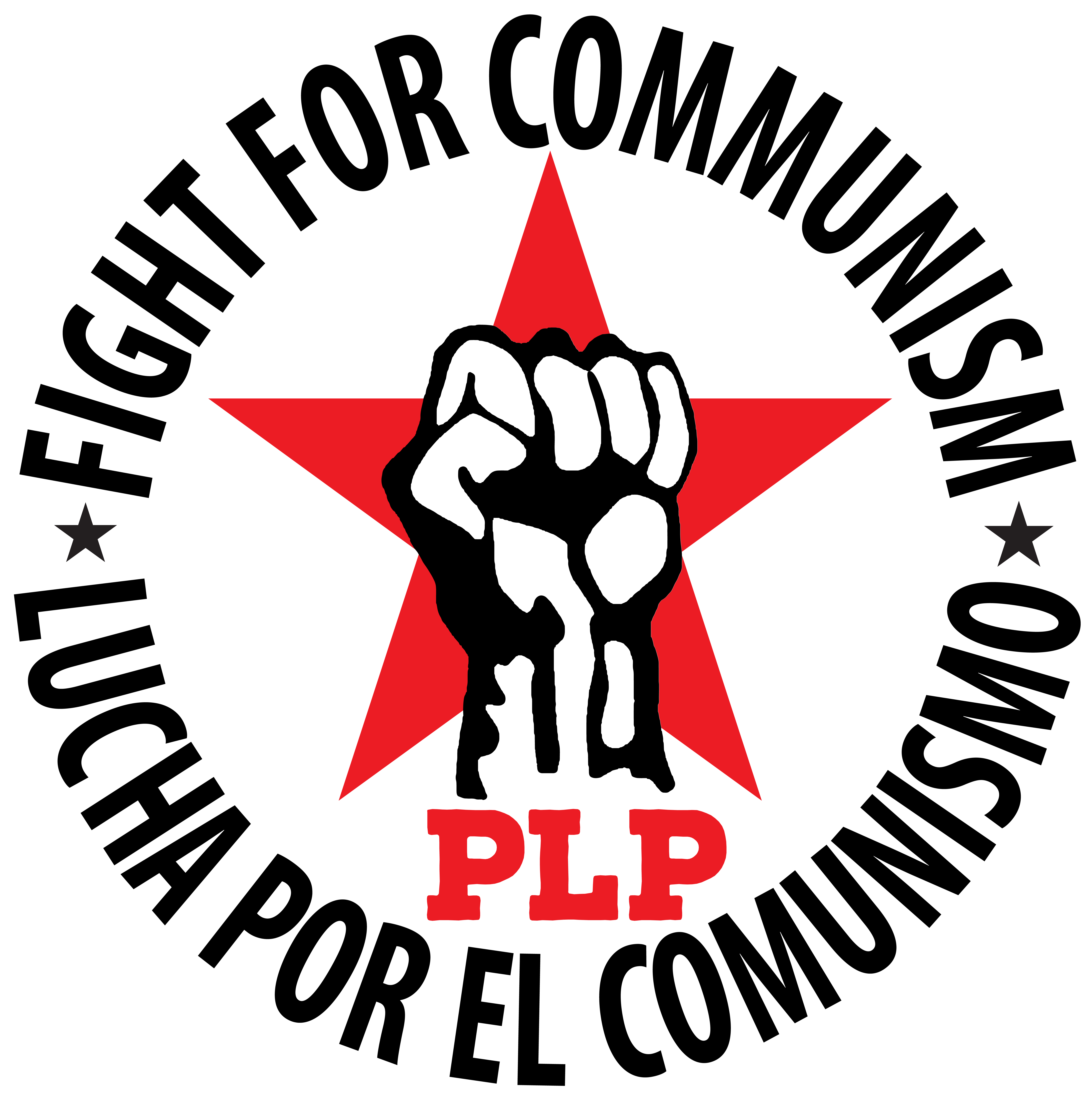South Africa: After Mandela, Emerging Anti-Capitalist Fight
 Wednesday, February 12, 2014 at 11:08PM
Wednesday, February 12, 2014 at 11:08PM A lot of illusions in the ANC/SACP (African National Congress/ South African Communist Party) have been buried with Mandela, so that we can begin to look at the Mandela period differently. For example, there have always been struggles and movements in South Africa not controlled by them. Long before Mandela got out of prison, there was a strong mass movement in the 1980s that was independent of the ANC/SACP, most of whose leaders were exiled or jailed.
Class struggle carried on despite their absence and was led by a loosely-affiliated “radical democratic” movement called the United Democratic Front (UDF). It comprised new unions of militant black workers like the Dunlop Rubber workers in Durban; community-based organizers among the black youth called “the comrades”; draft resisters among young white men; a vigorous culture of protest and resistance in poster art, drama (“The Dunlop Play”); and militant poetry for worker audiences in the thousands (“Black Mamba Rising”).
The UDF did not develop communist politics or a revolutionary party, though it might have been fertile ground for both. But in 1990 the ANC/SACP leadership returned and began to negotiate an end to legal apartheid.
These Pretoria negotiations were “demobilizing” to UDF activists (in their phrase), and many remained wary of the Mandela forces as a result. The legacy of the UDF lived on after the 1994 ANC election victory: in the independently-organized squatter movements in the shacktowns described in the vivid book by Ashwin Desai, We Are the Poors; in the opposition to the ANC/SACP/COSATU (Congress of South African Trade Unions) neoliberal economic policy called GEAR; and in the campaign against the HIV/AIDS epidemic led by former ANC’ers like Zackie Achmat, who refused to take HIV drugs himself as long as they were not available to the poor.
Such forces continued to resist the “normalization” of capitalism under a ruling class which had narrowly opened up to include a few black entrepreneurs, while installing a new black political class in the government. Even some unions in COSATU, the AFL-CIO-like trade union federation which was the third part of “the Alliance,” continued to strike against the impoverishment of workers under GEAR. COSATU to an extent became, with left intellectuals, a home for dissents from the ANC.
Now there are new UDF-like upsurges of class struggle and new glimmerings of anti-capitalist organizing in South Africa. The COSATU-affiliated mineworkers’ union was challenged by a new more militant union group which led the platinum miners’ bloody strike against the multinational giant LONRHO and its ANC supporters. The latest turn to the left is the announcement at the convention of the metalworkers’ union (the largest union in the whole of Africa) that they were breaking definitively with the ANC, and that, because the SACP had abandoned the working class, the union would work for a new party to fight for socialism.
While still expressing sorrow and respect at Mandela’s death, the metalworkers were in fact repudiating his line and his organizations. There are many others, from students and intellectuals to wildcat strikers and the housing movement, who may be expected to sign on to a call for a return to anti-capitalist struggle in South Africa. No doubt at the outset this will keep many aspects of the old communist line (such as socialism as a transition to communism).
But a new field has been opened up with Mandela’s death. It’s up to PLP and revolutionary communists everywhere to jump into solidarity with the new struggles in South Africa. Like workers in motion in Haiti and Bangladesh, they are openings to a new communist internationale rising from the ashes of the old.





 Progressive Labor Party (PLP) fights to destroy capitalism and the dictatorship of the capitalist class. We organize workers, soldiers and youth into a revolutionary movement for communism.
Progressive Labor Party (PLP) fights to destroy capitalism and the dictatorship of the capitalist class. We organize workers, soldiers and youth into a revolutionary movement for communism.




Reader Comments